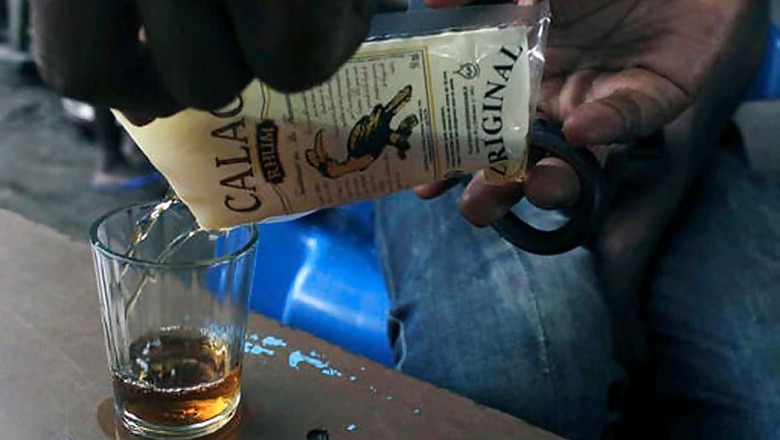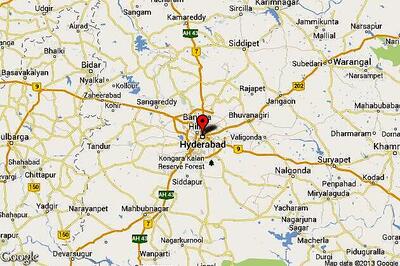
views
Patna: The recent hooch tragedy in Bihar’s Rohtas district has re-ignited the debate over the efficacy of total prohibition law enacted by Nitish Kumar government last year as the illicit liquor trade continues to flourish in the state.
According to police records, around 71, 000 people have been sent to jail and about 15 lakh litres of liquor have been seized after the law was enacted on April 5 last year.
Moreover, more than 41 thousand cases have been filed related to illicit liquor trade in various police stations of the state and 930 buildings have been seized. According to the law, all seized houses are bound to be auctioned and money be transferred to the state exchequer.
However, these stringent provisions have failed to curb illegal trade as Indian Made Foreign Liquor (IMFL) is available for a premium which is constantly being supplied by smugglers from neighbouring Jharkhand and West Bengal. The largest chunk seized by the police have “made in Haryana” markings.
The seized liquor itself is fast vanishing from the police stations which has generated a controversy.
Police officers attributed the disappearance to rats. It compelled the government to order district police officers to destroy the seized stock immediately amid allegations that it was being sold in the grey market.
Problem can be gauged from the fact that 15 lakh litres of seized alcohol since enforcement of prohibition law accounts to just 10 percent of the total liquor consumption in the state which was about 1.25 crore litres in 2012-13, according to national sample survey organization.
DM Diwakar of A.N Sinha institute of Social Sciences blames lack of preparedness before implementing a law which requires social awareness as addiction is not a crime which could be curbed by enforcing a law.
“Intention behind the law is good and it had a very positive impact in rural areas. Poor labourers and farmers have stopped consuming liquor and their household saving is moving upward. But the smugglers targeted other sections of society which can afford it by paying few hundreds more for a bottle,” He said.
He believes that a nexus between police and smugglers, who are affluent and patronized by all political parties, is driving this illicit trade and it has emerged as the largest source of income for them.
After the death of four people due to illicit liquor in Danwar village in Rohtas, the entire police station which includes one sub-inspector and four constables, were suspended. The move angered the police association which has been opposing the provision of the law making the local police station responsible for liquor trade.
Bihar Police Association president Mrityunjay Singh has demanded action against the senior officers, alleging such arbitrary provisions keep policemen on tenterhooks and affects effective policing as all other works has taken backseat forcing them to concentrate on liquor search.
“On an average there are only 80 policemen for over one lakh population in Bihar, which is far lower than the national average of 130. It should be increased immediately,” He said.
The main opposition party, Rashtriya Janata Dal (RJD), which was part of the government when the law was enacted, has termed the new legislation a total failure.
RJD leader Lalu Prasad Yadav told reporters on Sunday that the law has failed completely and blamed Kumar for the flourishing 'home delivery' model of liquor trade.



















Comments
0 comment